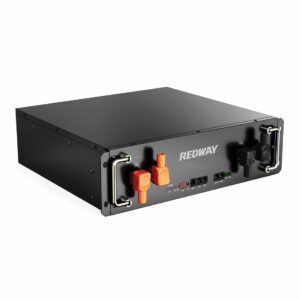What Are the Best Backup Power Sources for Reliable Energy?
What defines a reliable backup power source?
A reliable backup power source provides uninterrupted energy during outages, adapts to diverse needs (residential/commercial), and balances cost, efficiency, and sustainability. Common options include generators, solar+battery systems, and inverters, each suited to specific scenarios like emergencies or renewable integration.
Backup power sources ensure continuity during grid failures, protect critical systems (medical devices, servers), and mitigate financial losses from downtime. They also support renewable energy adoption by storing surplus solar/wind power. For instance, 67% of U.S. businesses experienced outages in 2022, emphasizing the need for resilient energy solutions.
What Types of Backup Power Sources Are Most Effective?

Portable generators (gasoline/propane) offer short-term fixes, while standby generators automatically power entire homes. Solar+battery systems (e.g., Tesla Powerwall) provide renewable resilience, and inverters bridge gaps for small appliances. Hybrid systems combining solar, generators, and batteries are rising for their adaptability to prolonged outages and energy independence.
| Type | Runtime | Best For |
|---|---|---|
| Portable Generator | 8-12 hours | Short outages |
| Solar + Battery | 24-72 hours | Renewable integration |
| Standby Generator | Unlimited (with fuel) | Whole-home backup |


